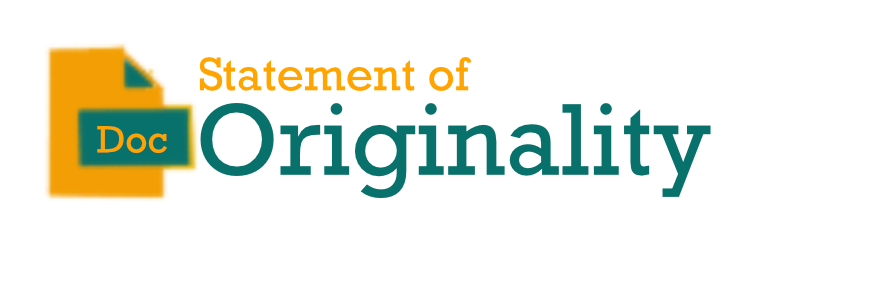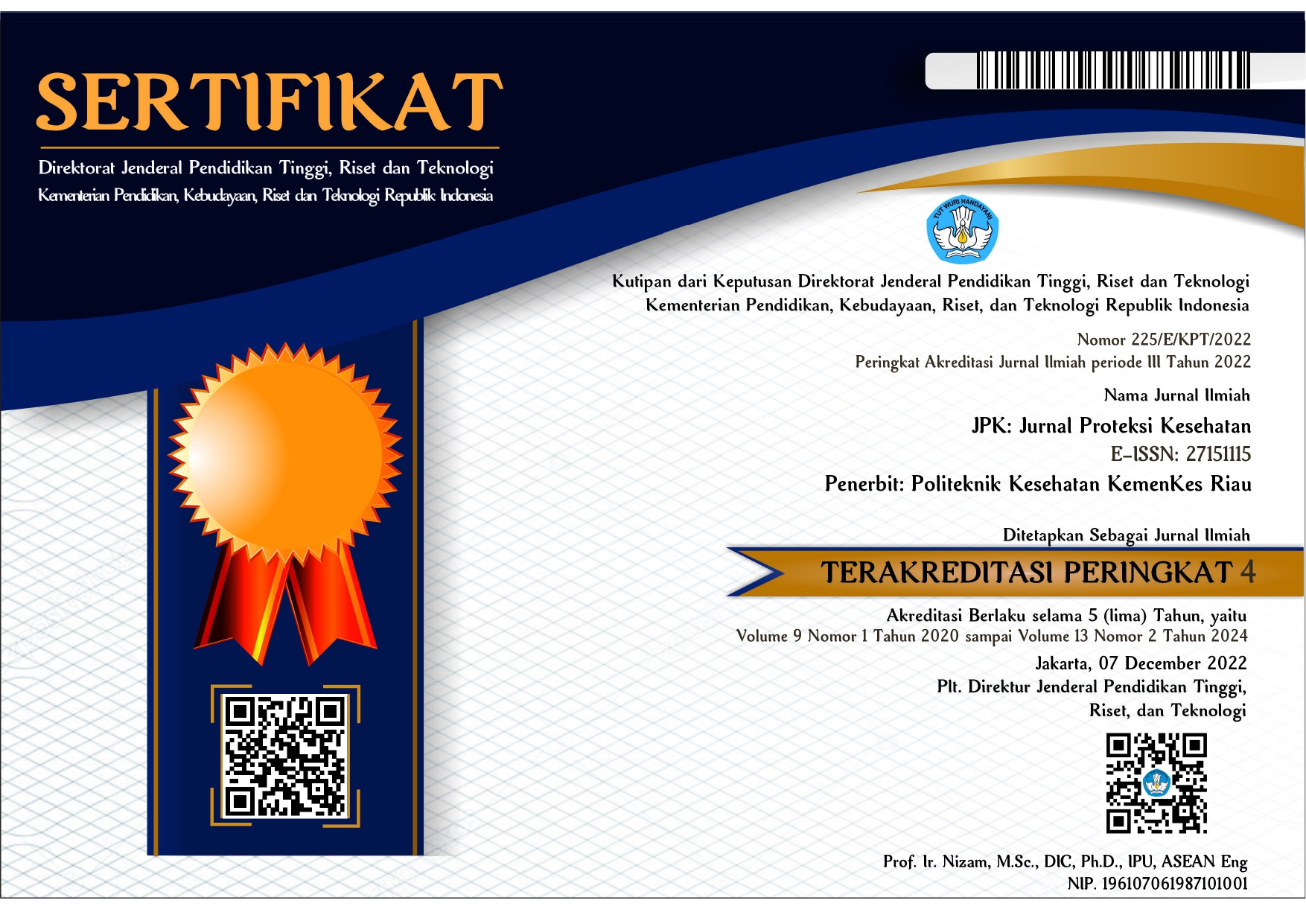The Effect of Mindfulness on the Physiology and Psychology of Breast Cancer Patients
DOI:
https://doi.org/10.36929/jpk.v13i1.794Abstrak
Introduction: Breast cancer is a type of cancer that women often experience. Emotional disturbances, anxiety and depression, are common in breast cancer. It can affect the quality of life of breast cancer. This study aimed to determine the effect of mindfulness on the physiological and psychological well-being of breast cancer. Method: The method used in this study was a systematic review by searching for articles through the Pubmed, ProQuest, Science Direct, Cochrane Library, Wiley Library, and Google Scholar databases with publication years January 2018 to January 2023, and all articles were reviewed using the PRISMA Flowchart. Result: The results showed that ten articles out of 28,121 met the inclusion criteria the reviewed articles conducted research in six countries with 1,344 breast cancer patients. Conclusion: Mindfulness interventions reduce anxiety, depression, stress, fatigue, and increase quality of life in breast cancer. The mindfulness intervention has the potential to improve emotion regulation skills.















